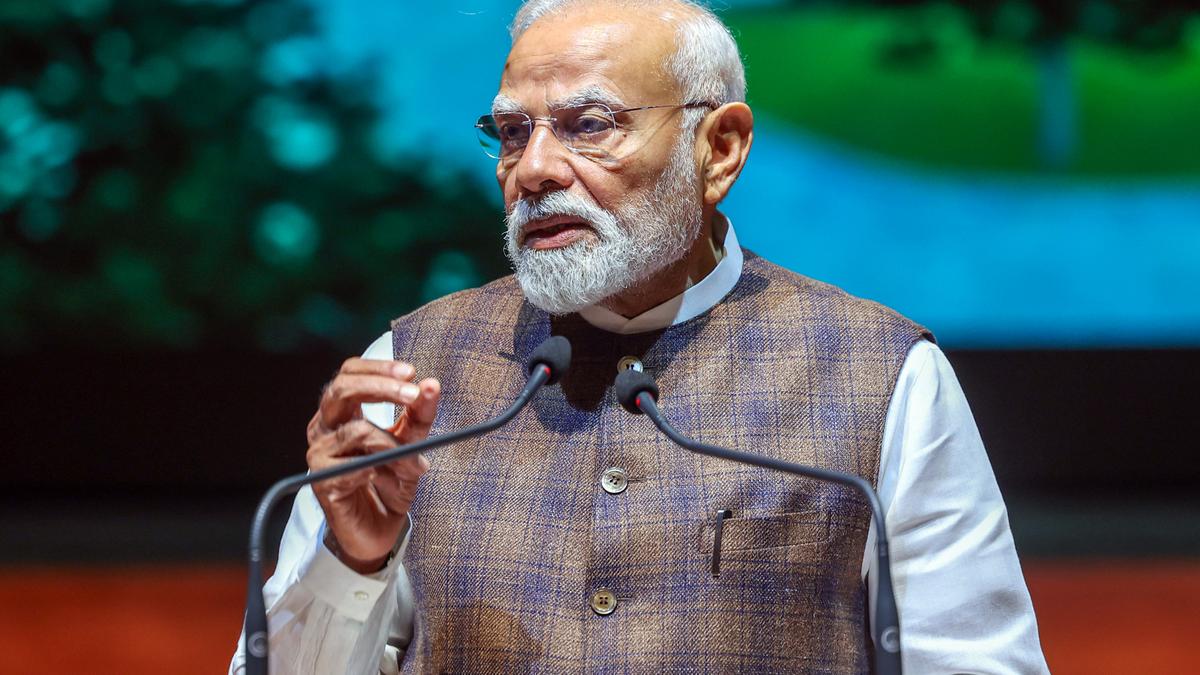Now Reading: Bill Proposing Jail Term, Heavy Fines for Crowd Control Violations Tabled
-
01
Bill Proposing Jail Term, Heavy Fines for Crowd Control Violations Tabled
Bill Proposing Jail Term, Heavy Fines for Crowd Control Violations Tabled

Speedy Summary
- A stampede during RCB’s victory celebrations in Bengaluru claimed 11 lives, prompting legislative action by the Karnataka government.
- The Karnataka Crowd Control (Managing Crowd at Events and Place of Gathering) Bill has been introduced to regulate mass gatherings, prevent unlawful crowd disturbances, and penalize offenders.
- Key provisions of the Bill include:
– Imprisonment from three to seven years and penalties of up to ₹1 crore for organizing events without proper permissions from authorities.
– Punishment for crowd disturbances including false rumors or violence with imprisonment up to three years or a fine of ₹50,000.
– Liability for crowd disasters resulting in injuries (three-to-seven-year imprisonment) or fatalities (10 years to life sentence).- Damage compensation for private or public property by event organizers as calculated by trial courts.
- Event permissions are categorized based on expected crowd size:
– Below 7,000: approval needed from local police station officer-in-charge.
– between 7,000-50,000: Clearance required from jurisdictional Dy. SP.
– Above 50,000: authorization mandated by jurisdictional SP or Commissioner of Police.
- Additional unrelated Bills tabled include those addressing illegal mining recovery measures, protection of migratory shepherds’ rights, amendments regarding lifts/escalators/conveyors regulations, and land revenue adjustments.
Indian opinion Analysis
The introduction of the Karnataka Crowd Control Bill reflects a proactive effort by the state government following a tragic stampede incident. By enforcing stringent penalties on unauthorized events and setting clear accountability frameworks for organizers in case of damages or casualties caused during gatherings, the law aims to mitigate risks associated with overcrowding at public venues. The scheme appears structured with tiered permission systems tied explicitly to anticipated visitor sizes – likely promoting more thorough logistical planning.
while such legislation may enhance safety outcomes during mass events across Karnataka and improve governance over large assemblies overall – it also raises questions around practical implementation challenges such as enforcement logistics given vast crowds often seen during festivals or political rallies. Additionally mentioned bills broadly indicate wider governmental priorities like illegal mining controls exemplifying need localized interventions tackling compliance/regulatory gaps.Read More: Full Article Link























